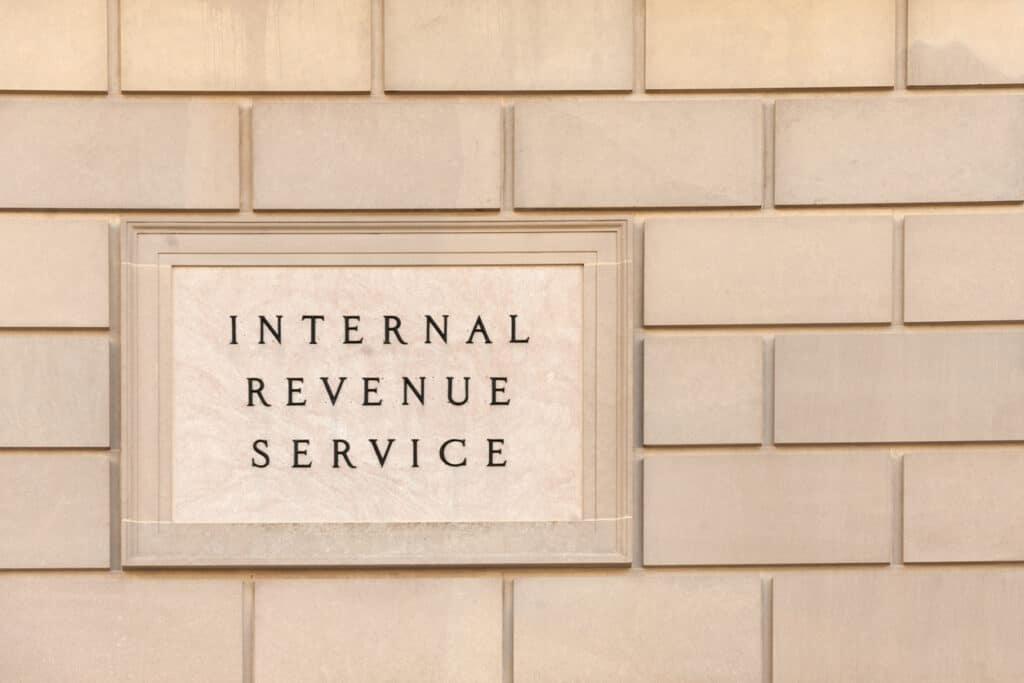On June 28, the Internal Revenue Service (IRS) released its Annual Report to Congress regarding the performance of the agency’s whistleblower program in fiscal year 2022.
According to the report, the IRS paid out 132 awards to whistleblowers totaling $37.8 million. That is just 21.9% of the $172.7 million collected from fraudsters in cases involving a whistleblower, and a decrease from last year’s 179 awards.
In FY 2022, the U.S. Securities and Exchange Commission, established by the Dodd-Frank Act four years after the IRS’s program, paid out $229 million in only 103 awards to whistleblowers.
“The IRS whistleblower program continues to lag behind other similar programs in the amount of awards to whistleblowers,” Stephen Kohn, founding partner at Kohn, Kohn & Colapinto LLP, said.
The IRS Whistleblower Program is available to whistleblowers, both in the U.S. and abroad, who report tax evasion and fraud. Similarly to other whistleblower reward laws, qualified whistleblowers are eligible to obtain a financial reward of between 15 and 30% of the collected sanctions.
Examples of frauds that are open to reporting on under the program include offshore tax havens, shell bank accounts, false reporting on tax returns, pyramiding (or withholding employee taxes and intentionally not remitting taxes to the IRS, then filing bankruptcy and starting another company) and failure to pay or report payroll taxes.
The IRS also reported the average wait times between a claim being submitted and an award being paid. In FY 2022, the processing time was most commonly between 4-6 years. 66 whistleblowers waited over 10 years, and 14 awards were never paid out because the Claimant passed away during the duration of their case.
Kohn, who recently released Rules for Whistleblowers: A Handbook for Doing What’s Right, represented tax whistleblower Bradley Birkenfeld in his $104 million reward case back in 2012.
Kohn hopes that increases in the IRS Whistleblower Office budget, and its new leadership, will help the increase in awards for FY 2023.
“There’s been a lot of lessons learned, and we are optimistic that they are improving the program and moving cases along,” Kohn told TaxNotes.
Highlights of the program’s year included a growth in potential proceeds (amounts assessed attributable to whistleblowers) by over $1 billion, and a submission processing rate of 21.3 days.
“Every penny that a tax cheat does not pay means additional burdens on the middle class,” Kohn said. “This is unfair and our government needs whistleblowers to be incentivized to put an end to these frauds.”
Whistleblower advocates have long called for reforms to the IRS Whistleblower Program. Introduced in March, the bipartisan IRS Whistleblower Improvement Act makes a number of common sense reforms to the program.
Further Reading:
Fiscal Year 2022 Annual Report IRS Whistleblower Office
On Tax Day, Whistleblower Advocates Call for Passage of IRS Whistleblower Improvement Act
